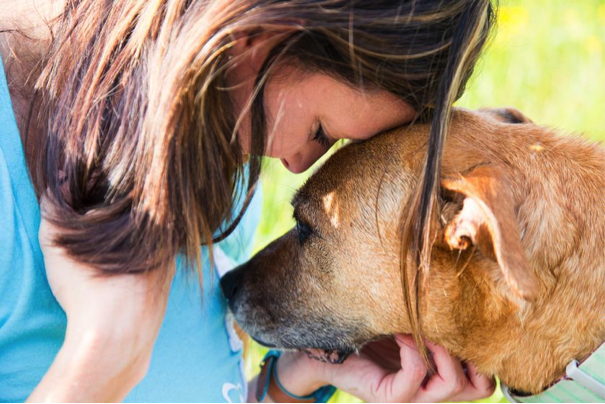
It seems as if they have service dogs for just about anything these days and that is because they do! We have found that not only can dogs be great four legged friends, but they can also be reliable and trustworthy companions. Dogs have heightened senses and better awareness than humans, therefore they can help us detect things that otherwise might have gone unnoticed.
Most medical issues can be helped with the implementation of a service dog, but these specially trained dogs should only be utilized from those with moderate to severe issues.
Diabetes is a life long struggle for many individuals that can leave their life almost uninterrupted if well maintained and free of complications. The troubles start when individuals aren’t quite able to keep up with their health and relieve complications.
How A Service Dog Can Help With Diabetes
Service dogs are able to help those with diabetes thanks to their heightened sense of smell. Some of the smells could include the fruity smelling ketones a person’s body produces when they are experiencing a hyperglycemic episode when blood sugar is too high, or the unique scent a person gives off during a hypoglycemic episode when blood sugar is too low.
No individual should fully rely on a service animal to monitor their blood sugar levels, but the animal serves as a second defense system. These animals are especially useful for individuals whose blood sugar levels tend to quickly plummet or spike with little to know warning signs.
Dogs are trained to react in different ways to an owner who is having a high or low blood sugar episode. Examples include:
- holding a particular toy in their mouth as a signal
- jumping on the owner
- sitting and staring at the owner
- touching the owner with the its nose
Dogs may also perform other activities in addition to alerting their owners about changes in blood sugar. These can include:
- alerting other family members if an owner needs assistance
- bringing needed objects, such as medications
- retrieving a cell phone for assistance
- in some instances, dial 911 using a special device, if assistance is needed
How to Get a Service Dog For Diabetes
Getting a service dog can be kind of tricky. Typically, you will need to have a reference or recommendation letter from a doctor, copy of your medical history, and an application form. Service animals are specially trained on a case by case basis so it is important that as many details as possible regarding your health and needs are disclosed to make sure you get the perfect match.
How Much is A Diabetic Service Dog?
Having a service dog is like always having a doctor at your disposal, well kind of. Having specialized treatment at your fingertips can come with a hefty price. It is estimated that a diabetic service animal is roughly $35,000. If this isn’t something you can fit into your budget you still have options. Some organizations provide service animals for a discounted price or for no cost. To get this nice perk you have to have certain qualifications. Even if you are a match you will have to “wait” your turn. The wait lists for no cost service animals can tend to be pretty long. Don’t immediately disqualify yourself or give your hopes up. Put yourself on that wait list because the day might come that you get a trusty companion at your side.